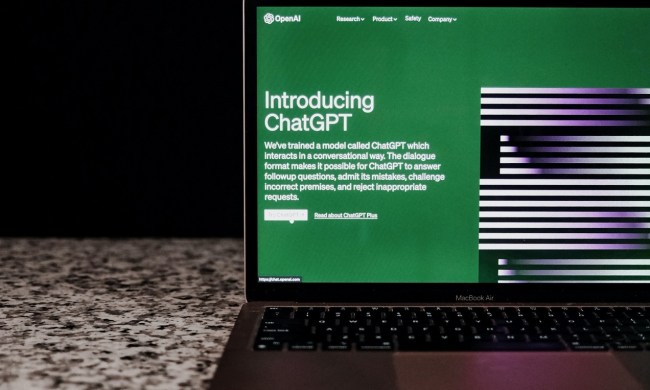In a promotional video, Baidu points out how paintings and pictures can evoke certain musical moods. A rainy day, for example, may evoke a melancholic melody. But these moods tend to be intuitive and aren’t always easy to explain — particularly not to an AI.
To do so, the company trained its AI to identify an image’s objects, colors, and setting, as each corresponds to certain emotions. Baidu then connected the composer to a database of musical compositions that are divided up into musical units and itemized by their mood. The system then reinterprets the elements of the image as a series of notes.
As impressive as the project sounds, Baidu only shares two of the AI composer’s simple piano compositions in the video. One is a light, dreamy melody that accompanies Van Gogh’s The Starry Night. The other is an energetic tune to a watercolor painting of galloping horses. Neither melody is particularly remarkable, though backing instruments — which Baidu seems to have added manually — do make the compositions seem more complete.
To be fair, Baidu suggests that its AI composer is still in the experimental phase and that it is currently on display at the Ullens Center for Contemporary Art in Beijing, reports The Stack. Perhaps the exhibition feature more elaborative compositions — otherwise we look forward to hearing the composer refine its talents.


